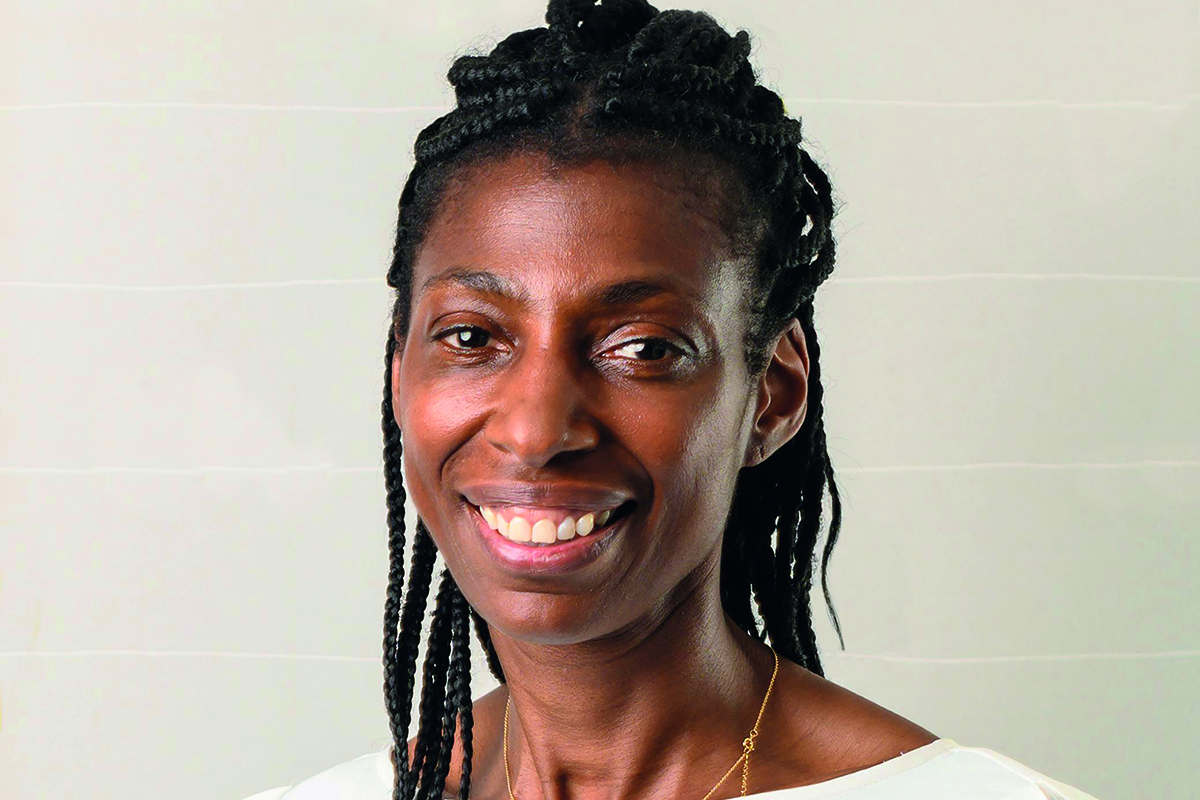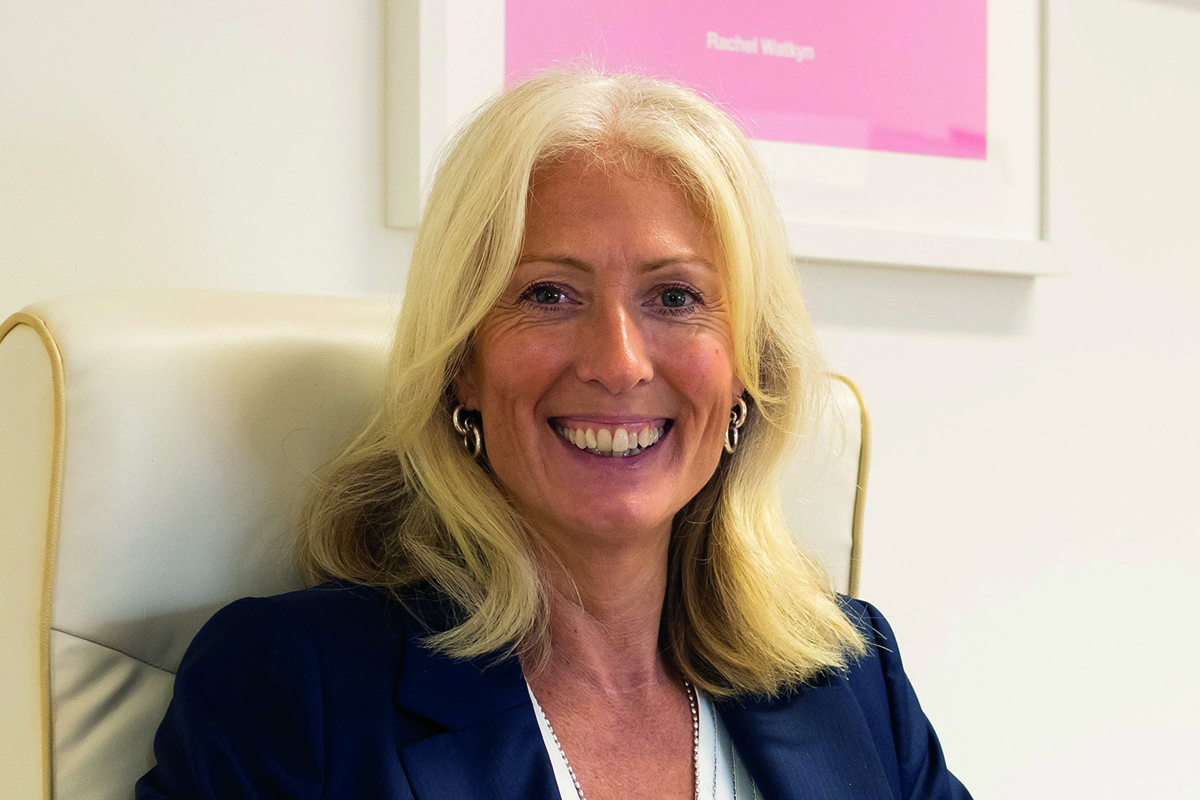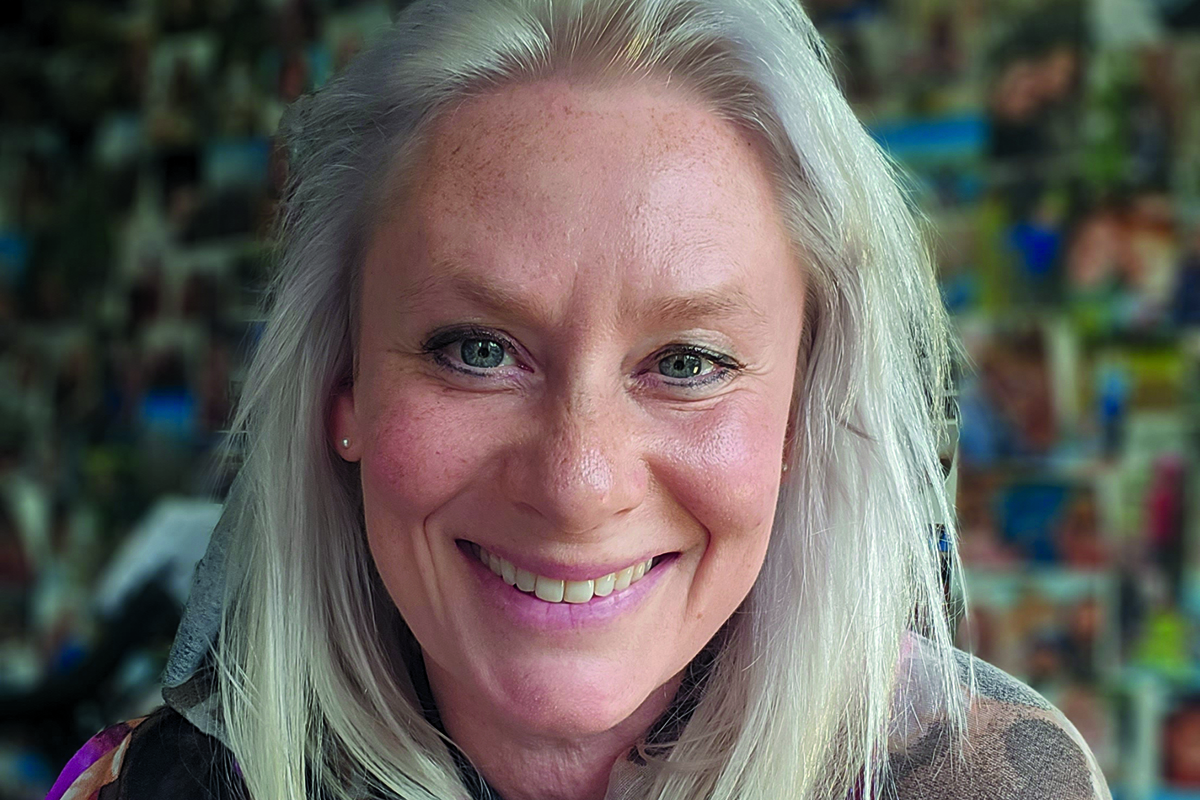
John Lewis & Partnership has just survived a morality scare when its CEO, Dame Sharon White, thumbed her nose at
a cherished century-old legacy, while searching for outside investment for the group. Who is Dame Sharon, and what
did she do to cause such concern? By Alan Wares
Sharon White was born in east London on April 21st 1967, and brought up in Leyton, where she attended Connaught School for Girls. Her parents came to the UK from Jamaica in the 1950s, when her father was aged 15 and her mother 11. White attended Fitzwilliam College, Cambridge, from where she received a BA degree in economics. She later earned an MSc in economics from University College London.
Civil servant
White joined the British civil service in 1989, and went on to have an astonishing career within several levels and departments. She worked first at the Treasury and later for the British Embassy in Washington DC. She also worked at the 10 Downing Street policy unit during the Tony Blair premiership; at the World Bank, also in DC.
Additionally, she has worked in many government departments, including occupying the role of director general at the Department for International Development in 2003–09 (a department that no longer exists) and then at the Ministry of Justice in 2009–11, and also at the Department for Work and Pensions.
At the Treasury, she supervised a review of the financial management of government and the Treasury’s management response to the banking crisis of 2008. She was Director General for Public Spending at the Treasury from 2012-13, ultimately replacing Tom Scholar as Second Permanent Secretary in 2013.
She was the first black person to become a Permanent Secretary at the Treasury, and the second woman after Dame Anne Mueller in the 1980s.
Mr & Mrs Treasury
White married economist Robert Chote in 1997, when she was working at the British embassy in DC, and Chote was working for the International Monetary Fund. Chote has been the chairman of the Office of Budget Responsibility since 2010. This led certain parts of the media to dub them, “Mr and Mrs Treasury”.
White was appointed Dame Commander of the Order of the British Empire (DBE) in the 2020 New Year Honours for public service. She took the name Dame Sharon White, Lady Chote.
Life after the civil service
At the end of 2014, Ofcom, the broadcast and media regulator announced White would be the chief executive from March 2015, replacing Ed Richards as the previous chief executive and Steve Unger as interim chief executive.
It was a role she held for just over four years. In June 2019, White announced that she would be leaving that role to
replace Sir Charlie Mayfield as the chair of the John Lewis Partnership (JLP).
White succeeded Mayfield during a meeting of the John Lewis Partnership Council on February 4th 2020, on a salary of £990,000 – a significant increase on her previous salary, which was £341,700 according to data released by Ofcom.
Investment controversy
The John Lewis Partnership had been started in 1929 by John Lewis’ eldest son John Spedan Lewis. It was effectively
a co-operative or mutual society where profits were re-invested back into the business to its workers.
At the end of 2022, Dame Sharon, seeing the trouble the company was in, sought to bring in outside investment. Previous chairman Sir Stuart Hampson was appalled at the notion. He felt the proposal – aimed at raising as much as £2 bn – could kill off the ‘spirit’ of the retailer’s partnership model.
He insisted that John Lewis is a ‘different kind of business’ where service levels are better because ‘the person behind the counter is the owner’. He dismissed the idea that it might be able to find a supportive investor who shares its ideals. For the business to sell a minority stake – for the first time in its 159-year history – would be ‘very inappropriate’, he said. Additionally, retail consultant and television personality Mary Portas accused the group of losing its soul.
It was a blow for Dame Sharon amid a chorus of scepticism, mostly from worker/shareholders - who tend to get angry when they don’t get their ball back - about the idea of bringing in external funding, which critics said would threaten John Lewis’ cherished employee ownership structure.
For her part, White told the John Lewis Partnership Council that the partnership would always be owned by its employees.
“No ifs, no buts there is absolutely no question of de-mutualisation,” she said. ”If at any point the partnership were unable to fund all our plans through our own means, the board could consider external investment,”.
But she stressed any arrangement would have to be aligned with the partnership’s rules and values. White also said targeted efficiency savings of £900m meant the group was on a “clear and secure path back to profitability”.
In the final analysis, staff - the shareholders – in what was seen by many as a vote of confidence, gave their backing to boss Dame Sharon despite this attempted move. However, the governing body, elected by workers, rebuked her over the group’s performance in 2022 - where the partnership lost £234m and scrapped the workers’ partner bonus – in votes that are symbolic rather than binding.
The performance of the partnership, including financing – whether internal or external – will determine Dame Sharon White’s fate at the top of the John Lewis Partnership. As many articles in Platinum have already pointed out – time and time again - you lose the goodwill of your staff at your peril. For now, she has that backing; the next move is up to her.
THE JOHN LEWIS STORY
John Lewis, a philosopher and town councillor and founder of the chain of home stores in his own name, was born on February 24th 1836 in Shepton Mallet, Somerset, and became an orphan at the age of seven. Having served as an apprentice to a local draper from the age of 14, he moved to London to become a silk buyer, working in Peter Robinson’s Department Store at Oxford Circus by the time he was 20.
He first opened his eponymous flagship store on Oxford Street, London, a drapery shop, opened in 1864. In 1905, Lewis acquired a second store, Peter Jones in Sloane Square, London.
Lewis was not considered a popular employer, with a habit to dismissing staff arbitrarily. The stores had difficulty retaining staff – there was a strike in 1920 – and performed poorly compared to some of his rivals. His sons constantly disagreed with his business methods. It was his eldest son, John Spedan Lewis, who began the John Lewis Partnership, a workers’ co-operative – in 1929 after thinking up the idea during his days in charge of Peter Jones. He also thought up the idea of the Gazette, the partnership’s in-house magazine, first published in 1918.
The founding John Lewis died in Hampstead, London in 1928, at the age of 92, having also served as a Liberal councillor at London County Council.
The John Lewis Partnership plc (JLP) now operates John Lewis & Partners department stores, Waitrose & Partners supermarkets, its banking and financial services, and other retail-related activities. The privately-held public limited company is owned by a trust on behalf of all its employees – known as ‘partners’ – and a bonus, akin to a share of the profit, is paid to employees.
Never knowingly undersold
In 1925, Spedan Lewis devised the slogan ‘never knowingly undersold’ at Peter Jones, a John Lewis subsidiary, based in Sloane Square, London. It was intended mainly as a control on sourcing merchandise, but it also came to mean that customers could shop knowing that they were not paying more at Peter Jones than they could buy identical goods for at other stores.
This principle, which was refined several times, was introduced at John Lewis’ stores, and became a celebrated motto for nearly a century. The most notable refinements were to exclude retailers who traded only online, and to include extended insurance and delivery charges when comparing prices. It was honoured until August 2022, when it was replaced with a general commitment to providing competitive value on its own label merchandise.
John Lewis had around 80,800 partners/employees as of 2020. The chain’s image is upmarket, and its customers are likely to be more affluent consumers. The Partnership also supplied the Ocado web supermarket until 2020 with Waitrose own-brand foods and John Lewis own-brand non-food items such as furniture.





